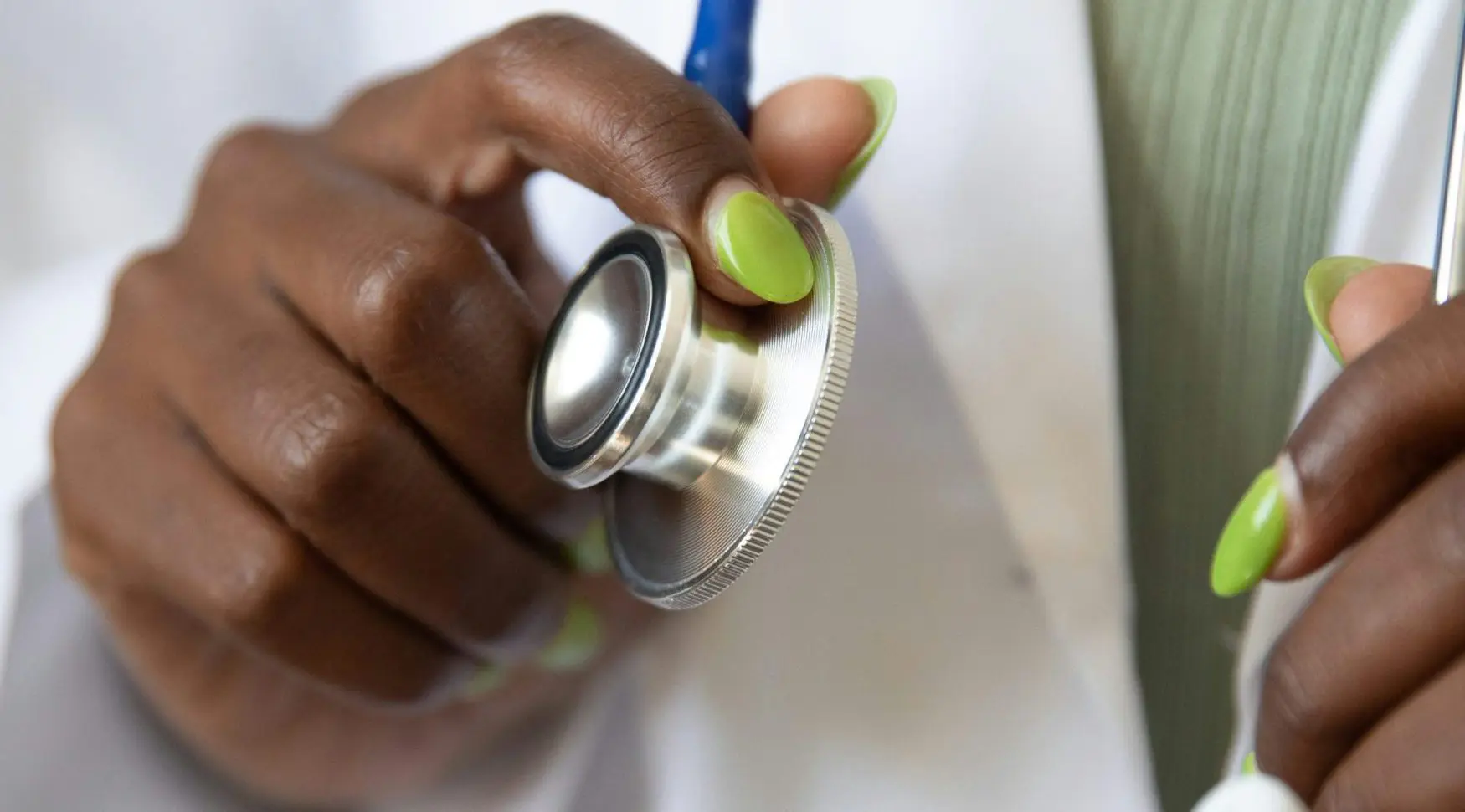KwaZangashe in the Eastern Cape, about 40kms from the town of Dutywa, is quiet and picturesque with a population of more than 30,000 people. Shepherds herd sheep along a bumpy gravel road. A woman pushes a wheelbarrow with a 20l container of water that she got from a communal tap. Nosiphelo Jijingubo (56) is in the main house of her family’s homestead. She walks from the kitchen, where she was washing dishes, to the living room. Jijingubo takes a long pause and stares at the two-seater couch where her brother-in-law, Mzolisi (52), took his last breath. It’s been a month since her husband’s younger brother passed away at home and she is still angry. “My brother-in-law complained about chest pain and was struggling to breathe. We called the ambulance repeatedly and the phone kept ringing unanswered,” she recalls. Research shows that the Eastern Cape has a chronic shortage of ambulances. It’s estimated that there’s 0.4 ambulances per 10,000 people. This is far lower than the national average of 1 ambulance per 10,000 people. To make matters worse, the availability of these services is skewed in favour of urban centres. This leaves severe emergency medical resource constraints in rural areas, where almost 70% of Eastern Cape households live. By the third day the ambulance had still not arrived, and Mzolisi’s situation was getting worse. “It was stressful because no one is employed at home, we survived on Mzolisi’s disability grant. I could not afford to hire a private car because it cost about R1200,” she says. The nearest health facility, Mjanyana Hospital is 20km from kwaZangashe. There’s no fixed fee for a trip to the hospital, the owners of the cars people hire charge anything from R1200 to R1800. The family resolved to sell one of the sheep to cover the cost of hiring private transport to take him to the hospital. But it was too late. “I was sitting with him here in the TV room. He was sleeping on the sofa while we were waiting for someone who had promised to buy the sheep. I asked some family members to take Mzolisi to the bedroom because it was cold. We thought he was taking a nap. We were shocked to find that he was no longer breathing.” The family called a funeral parlour, and a hearse arrived within an hour. It was almost 72 hours since the ambulance had been called. It never arrived. According to the residents of kwaZangashe there are a number of people who have died in their homes while waiting for ambulance services. They could not share the number of people who had died while waiting for an ambulance. Jijingubo believes this would not have happened if there were a healthcare facility in their village. Hurdles to get basic care It’s not only emergency health services that are unavailable. People in remote villages often have to travel long distances just to access routine primary health services. The villagers tell Health-e News that they often default on their medication because they don’t have money to get to the clinic or hospital. Manzezulu Menziwa (54) lives across the footpath from the Jijingubo family. He was diagnosed with hypertension in 2020 and has been on medication since. “I collect my medicine every three months at Mjanyana Hospital which is 20km away. Transport is a serious challenge as motorists are complaining about the bad state of our roads. It is worse on rainy days. You will never see a single car on our roads. There is a river that connects our village with the nearby villages. There’s no bridge and it’s difficult to drive or cross it on rainy days,” he says. In the four hours Health-e News was at the village we did not see a single car drive by. The residents rely on bakkies that have no schedule and drive by periodically for public transport. Menziwa pays R160 to and from the hospital when using the local bakkies. At times, when there’s no money for transport, he is forced to go without medication. “When I eventually have the money to go collect my medication, I’d find that there is no medication at the hospital,” he says. Another neighbour, Mthibasi Pokwana (68) says he too struggles to get treatment. “It’s very sad. We see people dying in their homes because health facilities are far from us. I am taking high blood medication and there are times when I don’t take treatment because I have to wait for my government grant to be able to go to the clinic. I worry about my health because I stay alone. My children stay in Cape Town,” he says. Even when villagers are able to get to health facilities there is no guarantee that they’ll receive the medication they need. Dr Mpumelelo Melemane, chairperson of the South African Medical Association Trade Union in the Eastern Cape, tells Health-e News that even after rural residents reach hospitals, they find that there is no treatment. “People in rural areas have to travel long distances to access public health care facilities. Even when they reach these facilities it is not guaranteed that they would get the treatment they require. Most rural hospitals often face medicine stock out which sees people defaulting from their treatments,” he says. Taking a stand A lack of healthcare facilities in some rural areas have pushed community members to find their own solutions. KwaZangashe village chief Jongisilo Pokwana ka Menziwa says he has made land available to the Eastern Cape health department to build a clinic. “The clinic will help more than 30 villages. We already have a borehole for a reliable source of water so that the clinic can have flushing toilets. We could have built the clinic ourselves but most of the community members are unemployed. It was going to be easy for the department to link this clinic to an existing one so that people don’t have to travel long distances to healthcare facilities,” he says. The





